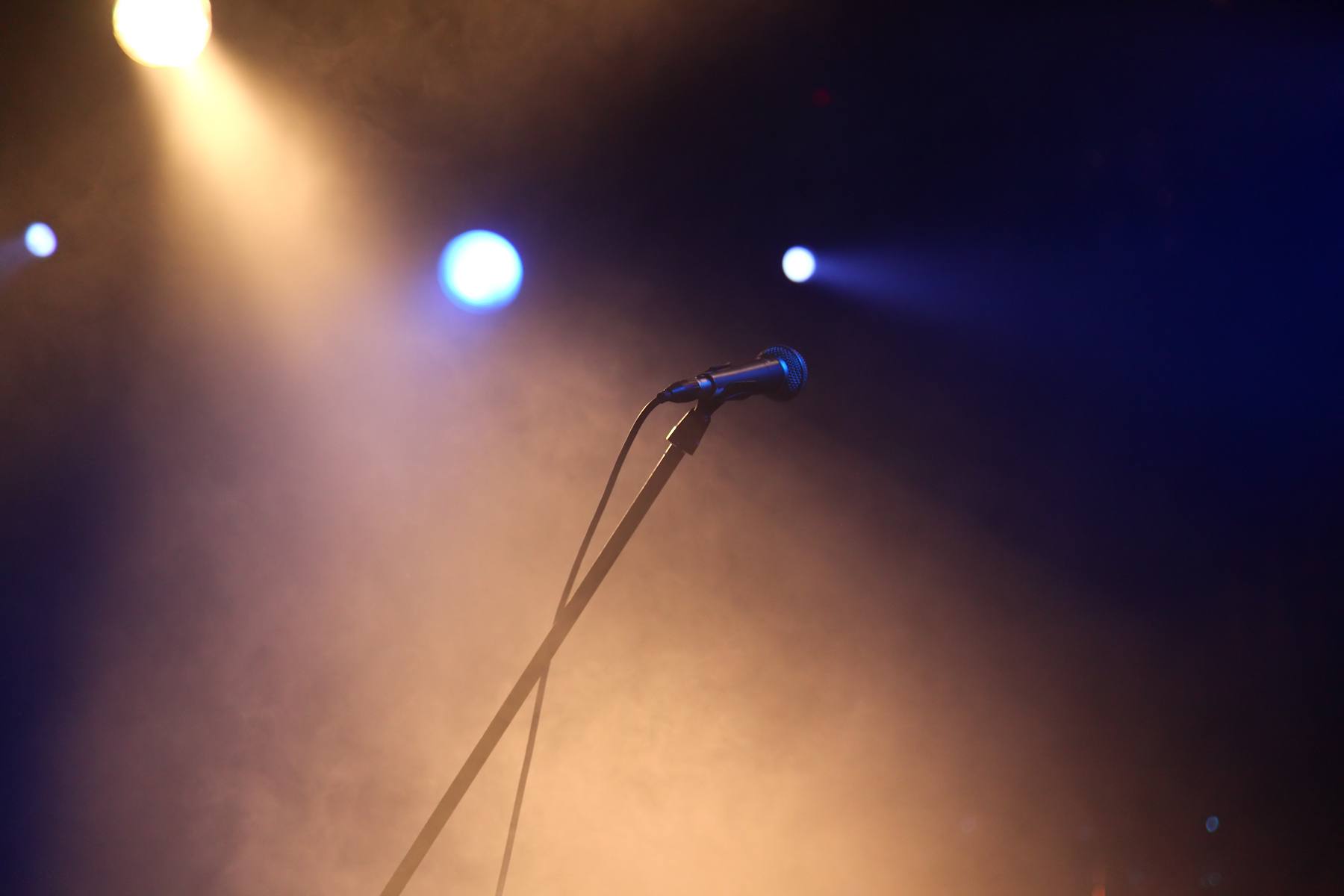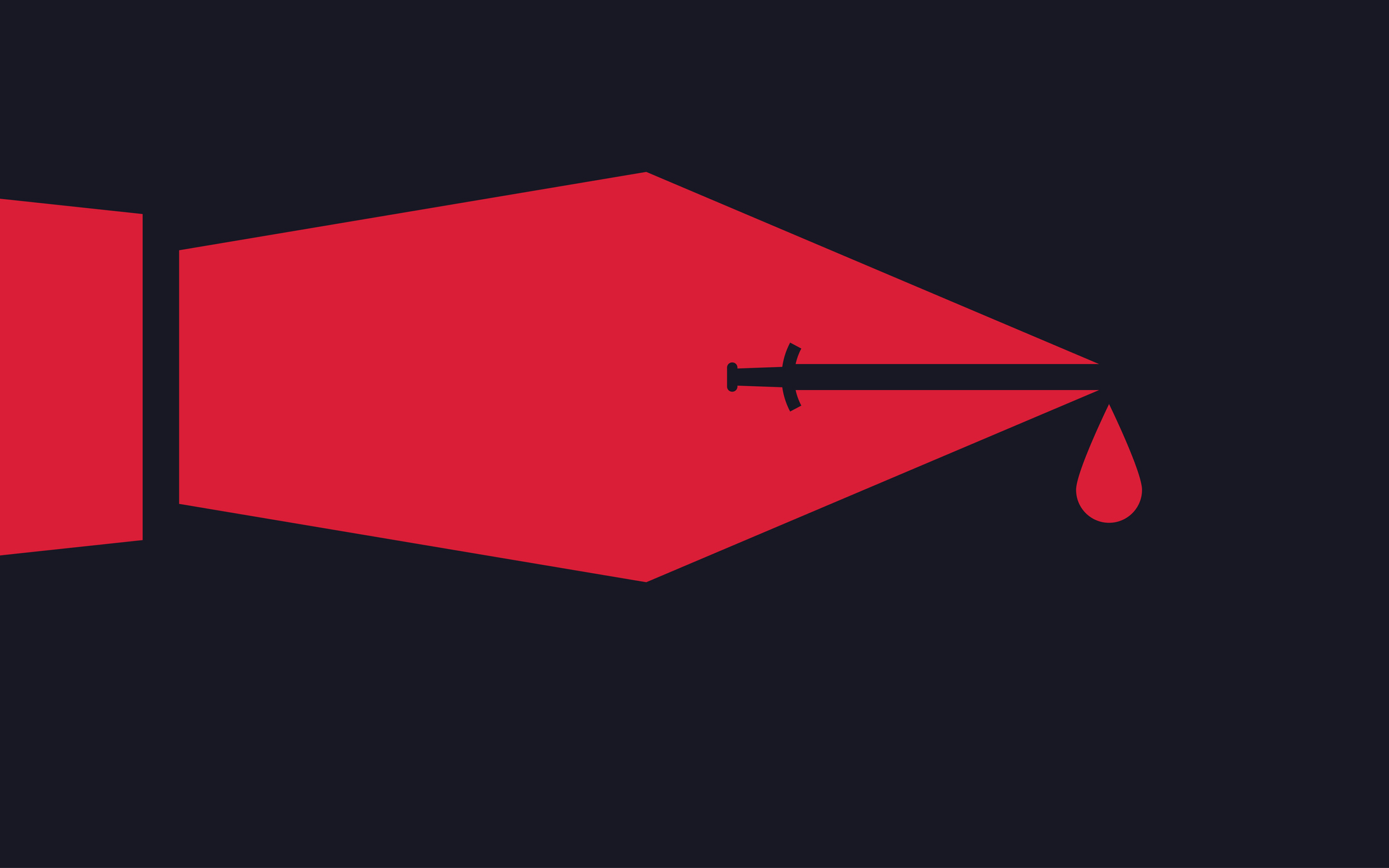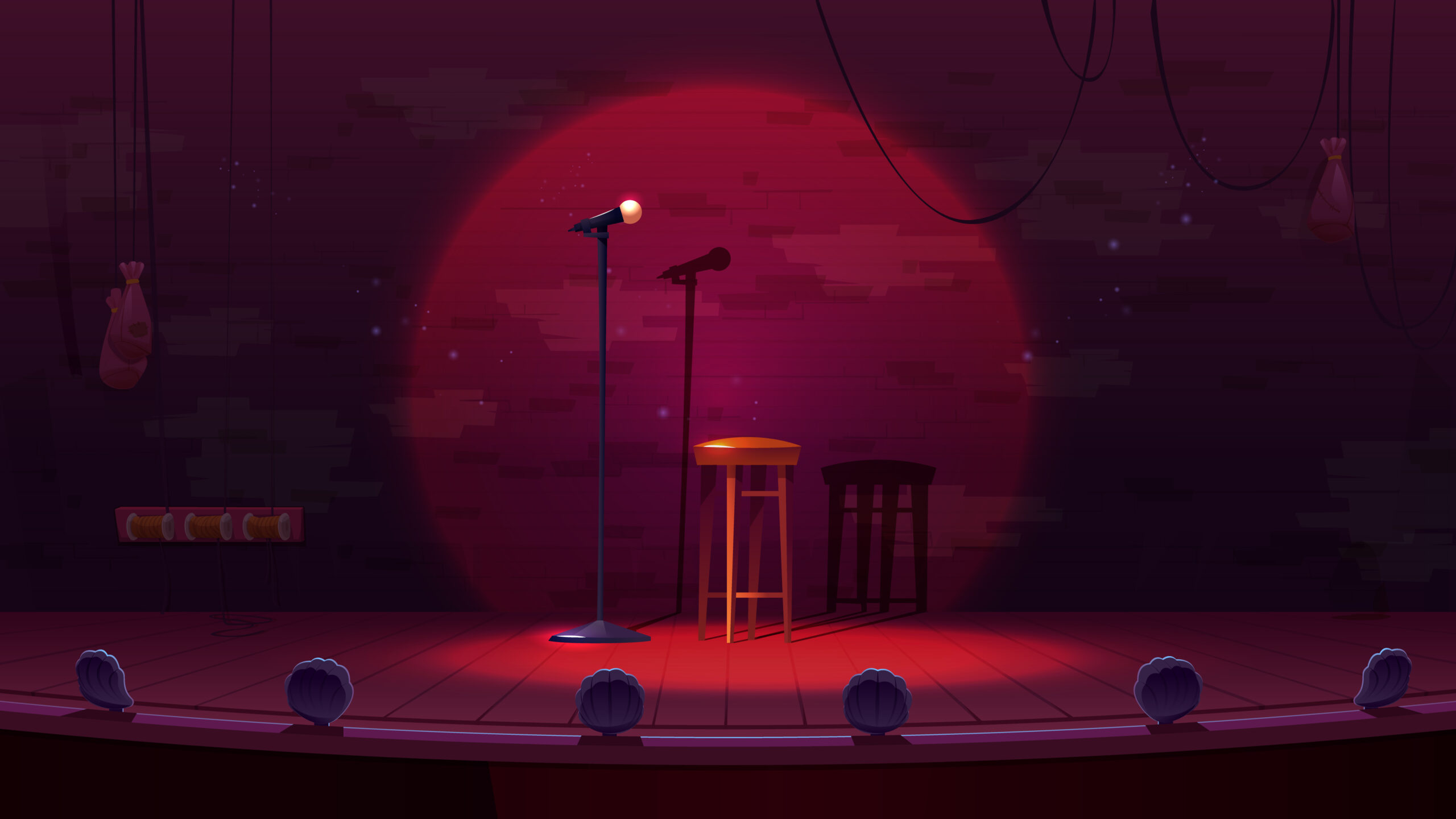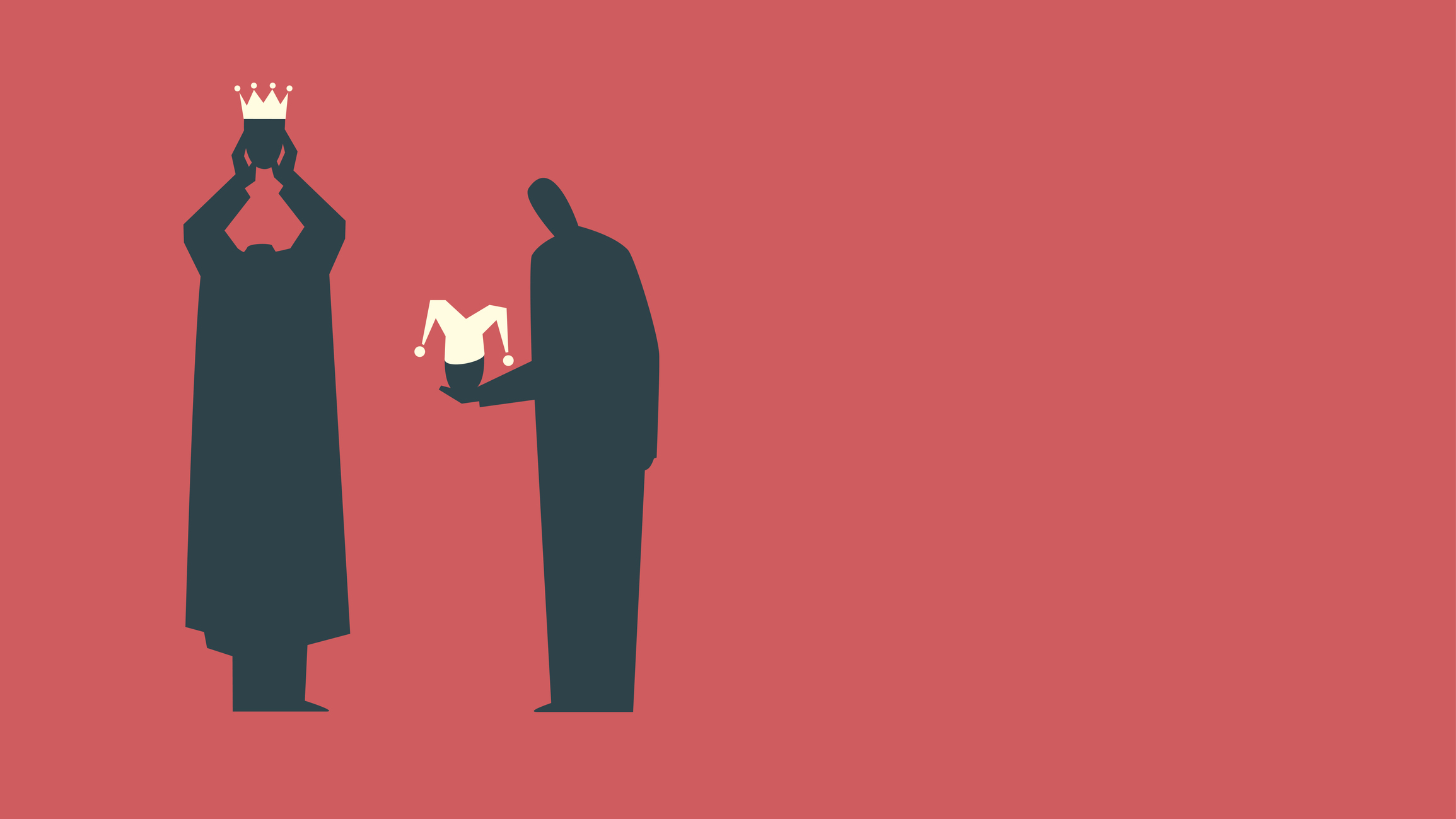Comedians have always faced a choice between political submission and true craft.
Guerrilla Comedy
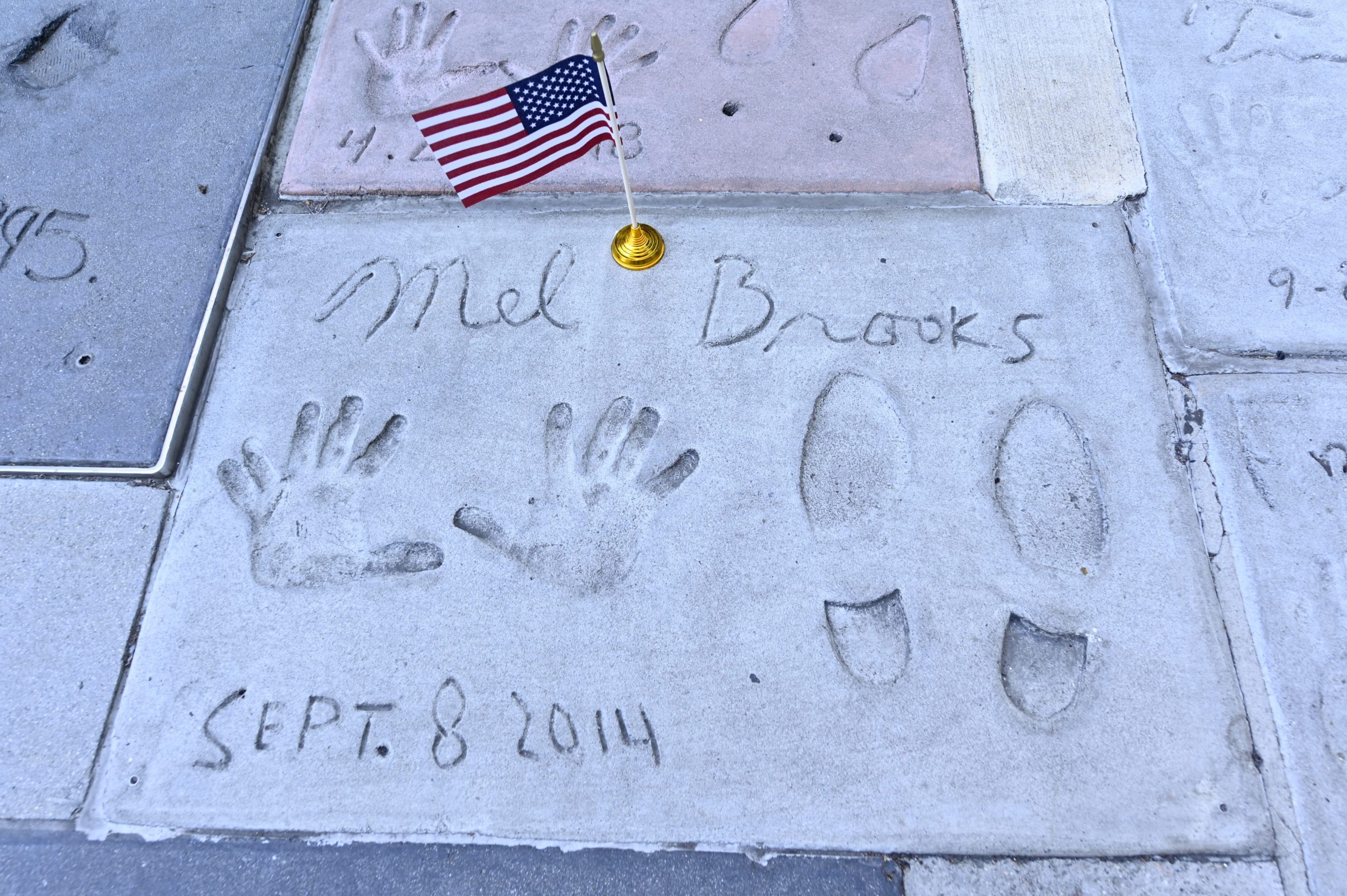
The fight totalitarians can never win.
On one occasion, comedian and film director Mel Brooks said, “The only weapon I’ve got is comedy…if I can make this guy [Adolf Hitler] ludicrous, if I can make you laugh at him, then it’s a victory of sorts. You can’t get on the soapbox with these orators…but if you can make them look ridiculous, you can win over the people.” As Thomas More observed of Satan, “the proud spirit cannot endure to be mocked.”
If we consult the dark history of totalitarianism, we will see that any ideological and authoritarian system abhors humor. State-appointed writers, tasked with the grave responsibility of disseminating state propaganda, are almost by definition humorless except as the butt of jokes themselves—Aleksandr Solzhenitsyn’s withering assessment of Maxim Gorky, Stalin’s defender of the Gulags, comes readily to mind. These so-called artistic creations were praised by either Nazi or Communist bureaucrats as great works of art. In reality, such films and books were nothing more than poorly executed pieces of propaganda that served and promoted destructive ideology.
Finding a state-appointed comedian throughout the history of totalitarianism, however, is much more difficult. Humor operates on an entirely different level than visual art, literature, and music. It gives us a glimpse into human nature, and often uncovers truths about our lives that we’d rather avoid.
Woke Anti-Comedy
You could say that comedy today is effectively dead, or at the very least it is on life support. The notion of being “canceled” appeared around the same time as the emergence of the #MeToo movement. Strictly speaking, getting “canceled” is something that happens to you—it is not something you are. But those who accept the terms of their cancellation, or allow the fear of it to chill their speech, are effectively internalizing the regime’s censorship: put bluntly, they are letting the bad guys win. Whether the person getting censored is truthful or not, vulgar or polite, is beside the point. What’s important is that they have said something which somehow threatens or challenges state-approved ideology.
That is why true comedians are often targets of authoritarian regimes. Plenty of entertainers masquerade as comedians, but in reality they are doing something like anti-comedy—not subverting but reinforcing dominant modes of thought. Their jokes suck the air out of the room just insofar as they are constructed to disallow criticism of preferred targets. (Ever since Barack Obama was elected president, this has been the state of basically all mainstream late-night shows, SNL sketches, and awards-show monologues—with a few notable exceptions.)
If you pay close attention to the so-called “woke comedians,” you will find that their routines boil down to using mockery as a strategy for reinforcing a list of leftist ideological points, and forbidding a list of disfavored right-wing thoughts (for instance, making opposition to abortion and transgender extremism seem ridiculous). The jokes are rarely smart or incisive, and have instead the character of schoolyard taunts: they are social cues for distinguishing the ingroup from the outgroup. Regime-reinforcement “comedy” says: “you had better find the following viewpoints ridiculous, or else you are anathema.”
Are there people who laugh at such humorless humor? Sure, just as there are bullies who enjoy mockery of others in order to elevate themselves. Fake comedians perpetuate this propaganda because they too are weak, and generally do not understand their targets. Think of leftists making fun of conservatives. Very rarely do they know their subject well, and thus, the comedy act has nowhere else to go but to retreat into full-blown mockery. What is lacking is intelligence, and a clear sight of human absurdity in the everyday.
Laugh to Keep from Crying
Comedy also helps us deal with the difficulty of life, and this is especially true during our experience of totalitarianism and war. As a Bosnian and a Slav, I come from a tradition that relies on destroying evil by heightening it to the point of completely annihilating its power. There are two instances of this technique, for example, in the film No Man’s Land (2001). The characters are in the midst of war. They are walking through the fog, trying to avoid the enemy. To break the monotony and uncertainty, one man says, “Do you know what the difference is between a pessimist and an optimist? A pessimist says, ‘It can’t get worse’ to which an optimist responds, ‘It can, it can.’”
In another scene, a man is holding a newspaper and reading it. Consider first the impossibility of having today’s newspaper in the middle of the woods, while fighting in the war. He’s shaking his head, and says, “Oh boy, have you seen what’s going on in Rwanda? Terrible stuff.” His concern invites laughter because of the genocide going on right around him.
The point is that we find relief from dark times in our experience of humor. Now, especially, with the authoritarian state imposing a variety of COVID policies—or at the very least, trying to keep the fear of them alive—we are bereft of relief and release that puts us in a better frame of mind and that nourishes our spirit.
Repression always results in more repression until, like a rubber band, it snaps. We are certainly a repressed society. Almost every sphere of life is operating on this level. Much of it has to do with an attack on masculinity as well. It has affected relationships between men and women. To be a funny man who is trying to impress a woman appears to be an antiquated act, since these days, anyone can be any gender, especially if the gender is purely a work of imagination and a social construct. The differences between male and female are not acknowledged, and neither are the aspects of masculine and feminine personalities. A huge portion of true humor comes from the reality of these differences—and the inherent absurdity of inverting them as in the case of drag and now transgenderism. Since these subjects are now effectively off-limits, comedy is increasingly forbidden.
This regime ban on humor extends from the public sphere into the minutiae of daily life. Comedy is perhaps the most democratic art form, in that everyone does it, all the time—so taking true control of it means taking control of private as well as public expression and thought. Even before the #MeToo movement took off, and before the transgender ideology kicked into full force, a male friend of mine, who is funny and whose life often revolves around spontaneous jokes, complained that he’s afraid to make any jokes for fear of being called a misogynist. It is irrelevant what his jokes may consist of, because the suppression of joy and mirth has nothing to do with the aesthetic content. It is about the fact that one person dares to be happy and honest. It is no surprise, then, that my friend was in an academic environment—where nasty, passionless feminists reign supreme from their ideological perch, like bureaucratic “bean counters,” accumulating microaggressions.
Why We Laugh
Since a joke by its definition is supposed to be funny, the experience of it has to do with pleasure. That pleasure is, also by definition, social and relational. Norm Macdonald’s preparation for his Netflix special is a perfect example. Shortly before he died, Macdonald recorded himself doing a stand-up routine in anticipation of this special. The result shows Macdonald’s obvious talent but, without an audience, lacks the crucial energy of audience participation and reaction. It is significant, then, that Macdonald recorded this during the COVID lockdowns: the cruelty of that time consisted in large part of negating people’s humanity, covering their faces and denying them exactly the kind of connection and community that takes place at a really good live comedy show.
“The joke,” writes Sigmund Freud in The Joke and Its Relation to the Unconscious, “is the most social of all the psyche’s functions that aim to obtain pleasure. It frequently needs three persons, and to be consummated it requires someone else to participate in the psychical processes it has set going.” That relationality is what drives humor, so further social atomization (be it from technology or COVID policies) increases loneliness and depression. Joy, laughter, and pleasure become the first casualties.
Another hallmark of humor is letting go of burdens that plague us and the society at large. When we laugh, we are most ourselves. We allow ourselves to become vulnerable, since a fit of laughter means a loss of some control. Yet this loss is a gain, because we have allowed ourselves to feel joy. As Freud writes, “The joke…attempts to draw a small amount of pleasure from the sheer activity free of all needs.” A society that is denying and censoring pleasure and joy is a society that cannot sustain itself. Just like transgender ideology (which at the core is trans-supremacy) is an anti-procreative movement, censorship of humor is an anti-pleasure movement. Because it requires a political act of banning something, the censorship only functions on the basis of totalitarian directives.
Irrepressible
Of course, censoring the human spirit and its propensity for laughter always proves to be a tremendous failure in the end. If one comedian is censored, then another will emerge, or the joke will simply continue to live without an author. This is anathema to an authoritarian. Philosopher Slavoj Žižek tells of an alleged myth that was circulating during Communism in Eastern Europe, namely that there existed a “secret police” that was, as one could imagine, secretly making up and disseminating jokes against the regime. The only trouble with this, claims Žižek, is that the jokes didn’t have an author and as a result, nobody could be blamed.
Whether or not the story is apocryphal, Žižek points to a rather interesting aspect of humor, namely, its anonymity. Unless we’re watching a comedy special featuring a specific comedian, do we ever really know who composed the jokes that we often laugh at? Ultimately, do we even care? Most of us don’t, because humor is the only art form which doesn’t focus on the author, but on the joke itself. Anyone can claim a joke.
For example, in his latest book, David Mamet retells a joke he heard many times when he was growing up in Chicago: “Two Jews plot to assassinate Hitler. They know he comes around a corner in Berlin every morning at 9:30. They are in place by 8:00. They wait with their bombs. Nine o’clock comes, 9:30, 9:45. At 10:00, one turns to the other and says, ‘Gosh, I hope he’s O.K.’”
Who knows who came up with this joke, but Mamet gave it a voice and a new life. In this sense, nobody owns humor, and especially not censors. Jokes require utterance and encounter between people—but that will always exist, no matter how much ideology and metaverse technology would like to impose themselves on our lives.
The anonymity of comedy and, paradoxically, its consequent durability, can already be seen in Poetics. Aristotle writes that “comedy has had no history, because it was not at first treated seriously.” And yet what we see here is exactly an affirmation that comedy always finds a path for realizing itself into existence. This means that man is, by nature, seeking and contemplating life through humor. Every time we tell a joke, even to only one person, we are renewing pleasure and joy. Humor will endure, if only as a form of ideological guerilla warfare: too makeshift, too decentralized, and too natural to its environment, for any clumsy totalitarian invasion ever truly to wipe out.
The American Mind presents a range of perspectives. Views are writers’ own and do not necessarily represent those of The Claremont Institute.
The American Mind is a publication of the Claremont Institute, a non-profit 501(c)(3) organization, dedicated to restoring the principles of the American Founding to their rightful, preeminent authority in our national life. Interested in supporting our work? Gifts to the Claremont Institute are tax-deductible.
How Comedy Can Save America.
Even professional rule-breakers can’t slay this sacred cow.
Secular stand-up is domesticated opposition to the regime.

